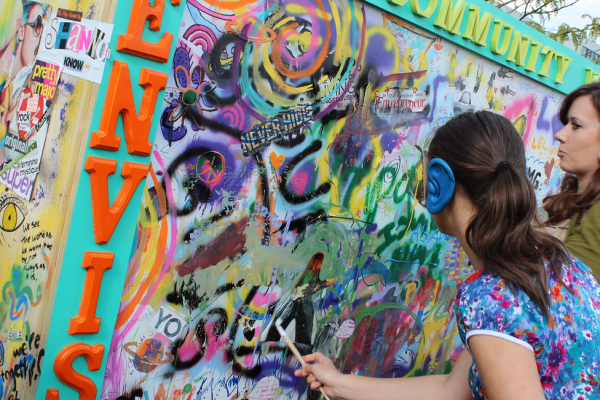Lonely Planet just ranked Washington, D.C., as the #1 Best Place to Travel in the world(!). Coming on the heels of Forbes crowning D.C. the coolest city in America in August, the admittedly unexpected parade of accolades appears to just be starting for the place Sojourners has called home for the past few decades.
Of course, “coolness” is elusive by nature — if it was measurable, it wouldn’t be cool — and the metrics used by both outlets are questionably desirable, if technically true for a portion of the city. Lonely Planet points to a city “whose official religion is national politics,” while Forbes lists “higher influxes of new people” and “most college degrees per capita.”
This shows a problematic tendency to weight Washington the industry over D.C. the city (this post from DCis toutlines that nicely). It also largely misses what’s actually great about this place. I’ve found D.C. to be far beyond the House of Cards-meets-Cherry Blossom Festival sketch beloved by press and many residents alike. In my daily experience, D.C. is collaborative, generous, and deserving of accolades in ways that continually surprise.
Based on my very unscientific metrics of personal observation and emotional investment, here are a few things that are uniquely great about D.C.
Read the Full Article

